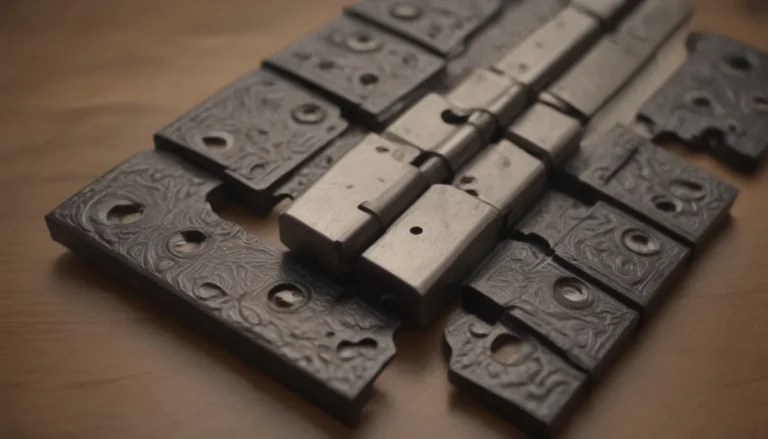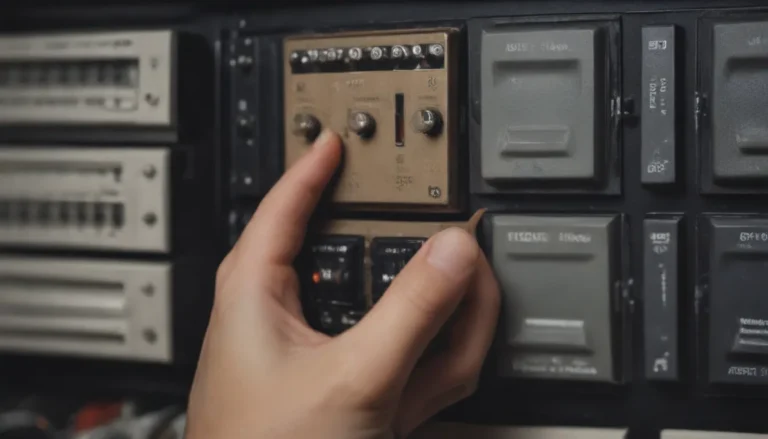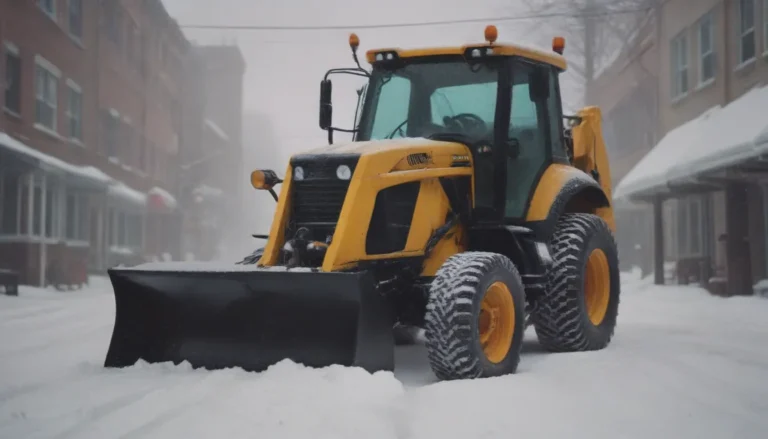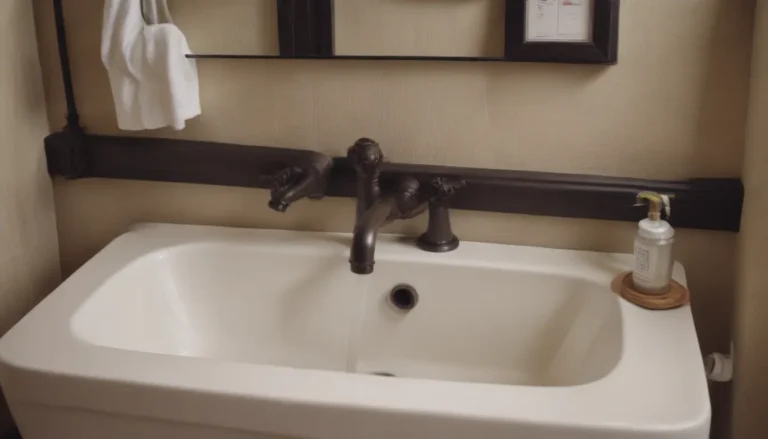The Ultimate Guide to Choosing the Right Extension Cord Sizes
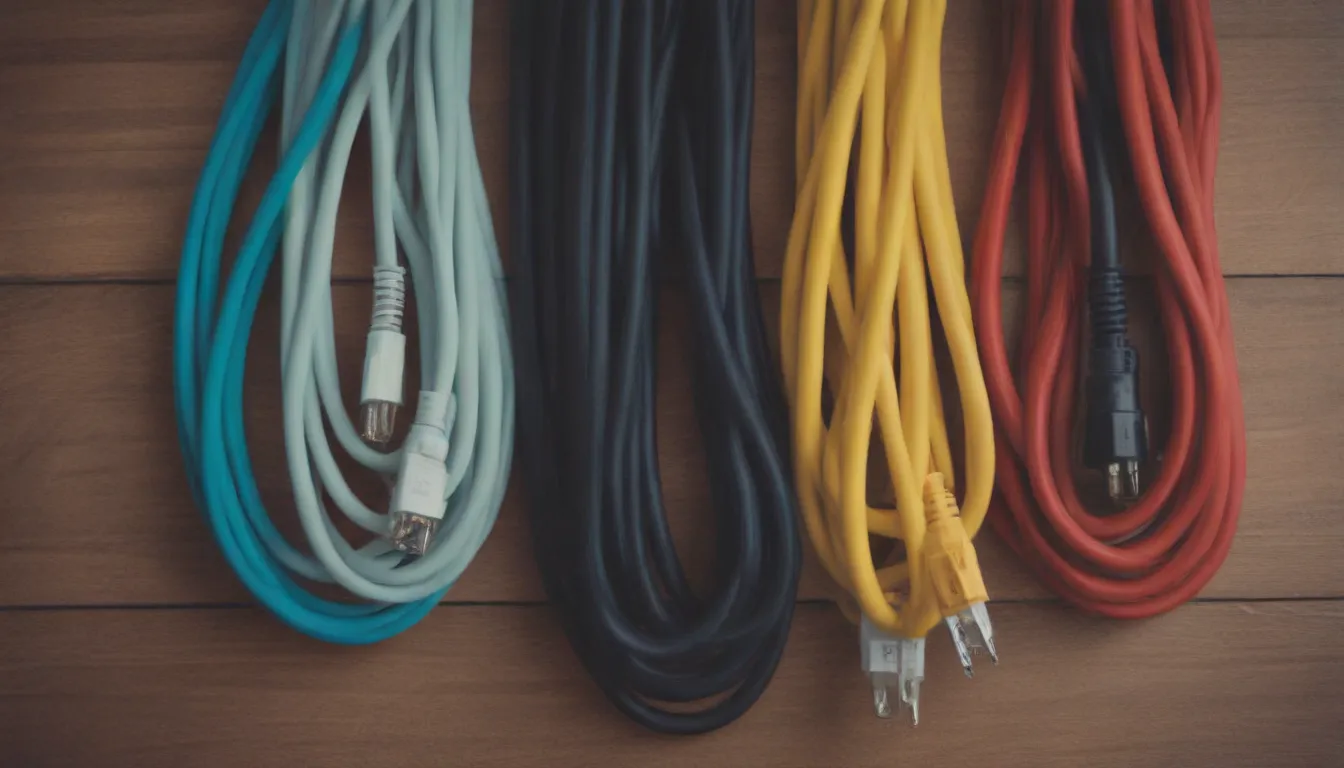
Extension cords are a handy tool to have around the home or workshop when you need to extend electrical circuits for various devices or tools. However, it’s essential to choose the correct extension cord size to ensure safety and efficiency. In this comprehensive guide, we will discuss everything you need to know about extension cord sizes, ratings, and safety precautions to help you make the right choice for your specific needs.
Understanding Extension Cord Ratings
Extension cords come in various ratings based on the amperage and wattage they can safely handle. These ratings are determined by the gauge of the wire used in the cord. It’s crucial to match the extension cord rating to the power load of the device or tool you intend to connect to it. Here are some key points to consider:
- The amperage rating for each extension cord should be labeled on a tag attached to the cord, although this label may not always be visible.
- For simple devices like lamps, televisions, or radios, a basic household extension cord with 16-gauge wire is usually sufficient.
- However, for devices with motors or those that generate heat, such as power tools, heavier-duty extension cords with a higher gauge wire are necessary to handle the increased electrical load.
Choosing the Right Extension Cord Size
When selecting an extension cord size, it’s essential to consider both the length of the cord and the power requirements of the device you’re connecting. Here are some guidelines to help you match the extension cord to the load effectively:
- For cord lengths of 50 feet or less, refer to the chart below to determine the appropriate wire gauge and amperage rating:
- Wire Gauge:
- Amperage Rating
- Wattage Rating
- Power Tool Used
However, for runs over 50 feet, it’s recommended to use the next heavier-sized cord to account for voltage drop due to the wire’s resistance.
Safety Guidelines for Extension Cord Usage
When using extension cords, it’s crucial to follow safety precautions to prevent electrical hazards and fire risks. Here are some important safety tips to keep in mind:
- Avoid space heaters: Do not use extension cords to plug in high-wattage devices like space heaters. This can overload the cord and pose a significant fire risk. Instead, plug space heaters directly into electrical outlets.
- Inspect extension cords: Regularly check your extension cords for signs of wear, damage, or exposed wires. Replace cords that are missing ground connections, have cracks or cuts, or show extreme wear.
- Check plug ends: Examine the plug ends of your extension cords for any damage. Replace damaged plugs to extend the life of your extension cords.
By following these safety guidelines and choosing the right extension cord size for your needs, you can ensure the safe and efficient operation of your electrical devices and tools.
Summary
In conclusion, selecting the correct extension cord size is crucial for the safe and reliable operation of your electrical devices and tools. By understanding extension cord ratings, choosing the right size for your power load, and following safety precautions, you can prevent electrical hazards and maintain a safe environment in your home or workshop. Remember to inspect your extension cords regularly and replace any damaged cords to ensure continued safety. For additional information on electrical safety, refer to Chapter 11: Electricity by CDC.
With this comprehensive guide, you are now equipped with the knowledge to make informed decisions when it comes to choosing the right extension cord sizes for your specific needs. Stay safe and enjoy the convenience of using extension cords for your electrical devices!
